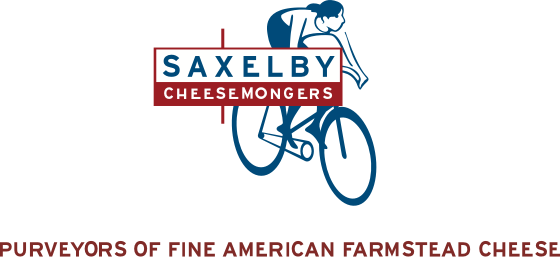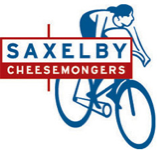
On the winding roads of Vermont's majestic Mad River Valley, you'll find the von Trapp Farmstead. Yes, those von Trapps, of Sound of Music fame! After performing around the U.S. for years as the Trapp Family Singers, the family permanently immigrated in the wake of the Second World War. Vermont's mountains reminded them of their native Austria, which they fled when Nazi Germany annexed the nation in 1938.
Sebastian von Trapp is the third generation of his family to tend the land on this Vermont farmstead. His parents and grandparents raised cows for dairy; Sebastian is the first in his family to turn that organic dairy into truly delicious artisan cheese. There's Oma, a washed-rind cheese with a rustic pungency that honors Sebastian's grandmother; a dense and peppery blue cheese named after the Mad River Valley; and Mt. Alice, a bloomy rind cheese sweet and buttery as a song.
The von Trapp Farmstead is a model of regenerative agriculture, an umbrella term for organic farming methods that prioritize healthy, biodiverse soil as the foundation of good food and livestock. (Check out our article all about regenerative agriculture here!) But it's also a prime example of another kind of sustainability: how to successfully run a generational farm in an economic climate hostile to small family farming.
"It's crazy how many Vermont farms have gone out of business over the last 30 years," says Molly Semler, Sebastian's wife and business partner. "There's so few farms that are our size."

Sebastian turned to cheesemaking as a way to add value to the farm's dairy output, Semler explains. "The dairy market on its own is a difficult business model." Conventional dairy farmers don't get to set prices on their dairy; the commodity market does. But a line of unique, delicious cheeses allows a farm to stand out and, to an extent, set its own agenda.
"We have our own limiting factors tied to how we farm," Semler goes on. "We only have so much open land here and we intentionally do not tax it. The number of pigs and cows we raise is tailored to those spaces." Regenerative agriculture methods like minimal tilling and the use of cover crops make for a healthier environment at the cost of raw yield. "We're producing what we can produce, unless we were to buy another farm," Semler says. "Our version of success is, how do we do the best job we can with what we have? How do we raise the healthiest animals and make the highest quality cheeses in an environment where people want to work here and are invested and inspired?"
The pandemic has made that work more difficult. Like many cheesemakers, the von Trapps saw half of their revenue dry up overnight. They quickly converted the corner of an old barn on the property into a farm store, selling their cheeses and produce along with provisions from more than 40 local producers. They started a line of yogurt and applied for government grants. And they began to sell cheese online. "This is an industry where if you get hit really hard once, you might not recover," Semler says. "If we hadn't been able to pivot quickly, we couldn't sustain what we were doing."
Business has settled into a new normal since 2020, but no one's out of the woods. Even more Vermont farms have shuttered during the pandemic, and there's a wariness in the air, what Semler calls an "edge." It's hard to run a farm when you don't know if your cash flow will hold out until the next season, and another unpredictable disaster could come at any time.

Their next challenge is sustaining these new projects without overextending themselves—how to keep the "small" in their small business. A decade ago, the farm may hired two non-family members as part-time workers. Now they have 13 full- and part-time employees. It's easy to slip out of the day-to-day of organic farming and into the role of a manager, Semler explains.
"Currently we are focusing on making schedules that work for ourselves and our employees and their families," she says. "I just have to have faith that consumers will understand that real food produced in a conscientious manner on small farms is how you and your planet are going to stay healthy."
Discover the organic cheeses from the von Trapp Farmstead, and try them all together with our von Trapp Farmstead Collection!
Photos by Ali Kaukus, courtesy of von Trapp Farmstead.

